Spotlight on: FOTENIX, Charles Veys and his team of Manchester alumni. PART 1
EEE in the real world Student experience 23rd February 2022
In this four-part blog series, we are shining the spotlight on the start-up FOTENIX, a company founded by Charles Veys, a University of Manchester alumni. We will profile Charles, as well as three of his team members Melisande, James, and Joshua – who themselves are UoM alumni, in the following three blogs.
Founder
Charles Veys MEng (Hons) PhD MIAgrE MIET MIEEE
- Founder FOTENIX (2018 – Present)
- Diagnostic Imaging in Agriculture (PhD) The University of Manchester (2014 – 2018)
- Mechatronic Engineering (MEng) The University of Manchester (2009 – 2014)
We put ten questions to Charles, and here is his response:
1. Which degree programme/s did you study at Manchester, and at what level/s?
MEng in Mechatronic Engineering, a fancy term for Robotics, and PhD in Agricultural Diagnostics, mainly using machine vision and artificial intelligence, both from the School (now Department) of Electrical & Electronic Engineering.
2. What is your current job title, and what does your job involve?
Managing Director and Founder of FOTENIX Limited. It is an all-encompassing role, which as the sole employee on formation, saw me juggling the commercial and technical developments. Thankfully it has since permitted me to build a great team to improve on the foundations and let me know where I went wrong the first time.
3. What is the impact of your work?
At FOTENIX, we focus on being an ability provider, embedding intelligence on farm machinery (tractors and sprayers) to support farms to operate sustainably, only using pesticides when/where required. It is similar to precision medicine, but in agriculture, it requires us to connect the advancements in farm machinery and agrochemical to reduce the carbon footprint of today’s food production.
4. Did your studies at UoM prepare you for this career path? Is it directly related to your degree at Manchester and specialised?
They didn’t just prepare me, they directly put me on this career path. The Engineering School gave me the technical knowledge and critical thinking to solve interesting problems, and the Business School gave me the ability to cultivate the resources to build solutions. The eAgri Sensors Centre, situated within the Electronics Department, introduced me to the world of agricultural technology, which includes some of the most advanced companies on the planet, e.g. Bayer, Dyson, Intel, Sony, John Deere. A world away from the picture of muddy boots and pitchforks often conjured when considering farming.
5. Did you participate in any additional activities at UoM that may have helped you secure your job and gain more holistic life skills?
The external activities that a student takes part in during their studies should not be underestimated. The Venture Further and Enterprise School (AMBS) programs provide significant opportunities to develop skills and networks. Even the graduate teaching provided an opportunity to manage a team and raise the precious early funds to found a company.
6. What do you remember most fondly from your studies at Manchester?
With a University as vast as Manchester, there is a risk of getting lost in the crowd and forming part of a student factory. However, what I enjoyed and found more as I got deeper into the decade, I spent there were the communities that develop within the individual departments and centres hidden within the vast buildings across the city. These have stayed with me despite leaving the University and, as you can see from the other profiles, have been prevalent in my recruitment strategy.
7. How did you go about job hunting/creating? At what point did you start doing this? How did you come to be a team member at FOTENIX?
I have always struggled to conform to a nine to five office job, I often find it challenging to drive development forward without an understanding or input into the strategy that informs it. This sentiment is partly responsible for setting up my own company and maintaining close contact with the team to allow for an inclusive and productive progression, understood by all.
8. What do you love about your role and the journey that got you there?
A role within any dynamic company can be rewarding, but constantly pushing your physical and emotional limits is the most rewarding, especially with the right people to spread the load and share the breakthroughs. I am told you are supposed to attempt something daily that you are afraid of, and it wasn’t until recently that I understood why. Each time you push back the envelope of your capabilities, and over time this becomes significant. When I talk to a large crowd or sign a large deal, I look back on the poster presentations and funding applications at University and realise the journey that links them is just a series of small but significant steps.
9. How have you found working life compared to student life? And how have you had to adapt?
How you study will have an impact on your natural habits of working. At FOTENIX, we don’t enforce office hours or count holidays; we recruit driven employees, even if they operate best in the early hours. This personality trait is developed during those long evenings in the University library. While most will never revisit the content of their studies, the discipline of productive time management will stay with them for their career.
10. Any advice or top tips for students looking for work experience/job opportunities?
In enterprise theory and software development, there is a belief that you should fail fast and fail often to accelerate the learning process. I would advise students to take up this approach early, as it helps them learn what they are capable of and how they can improve quickly. Don’t be afraid to reach out directly to companies via email/LinkedIn but do your research and don’t broadcast blanket requests. I get so many messages from candidates stating they want nothing better than an opportunity to impress our company but fail to show any knowledge of our vision or values in their email.
agriculturealumnieeeentrepreneurshipFOTENIXgraduatemechatronic engineeringstart upStudent


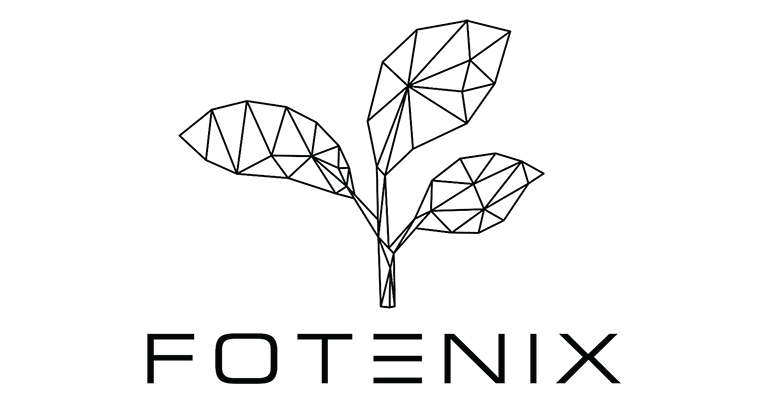
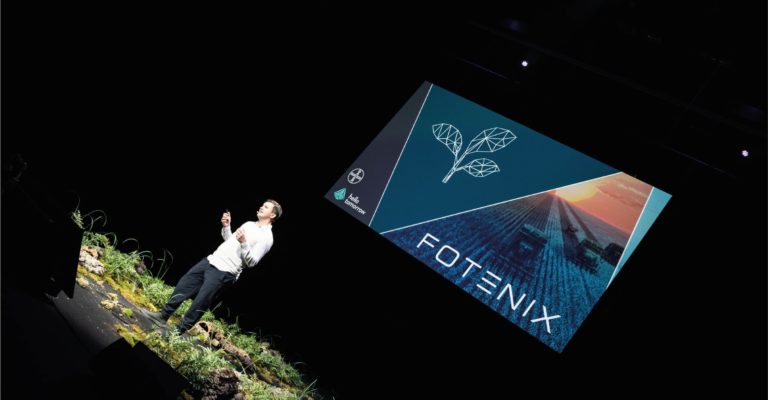
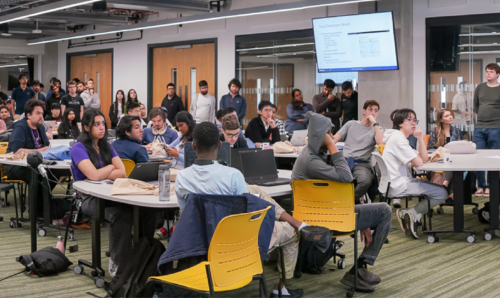
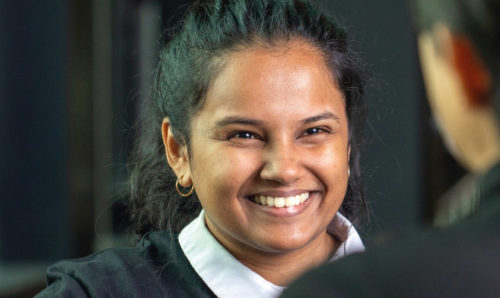
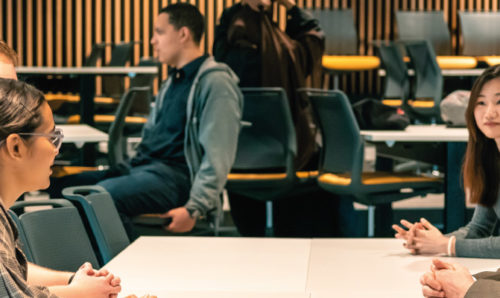
Leave a Reply